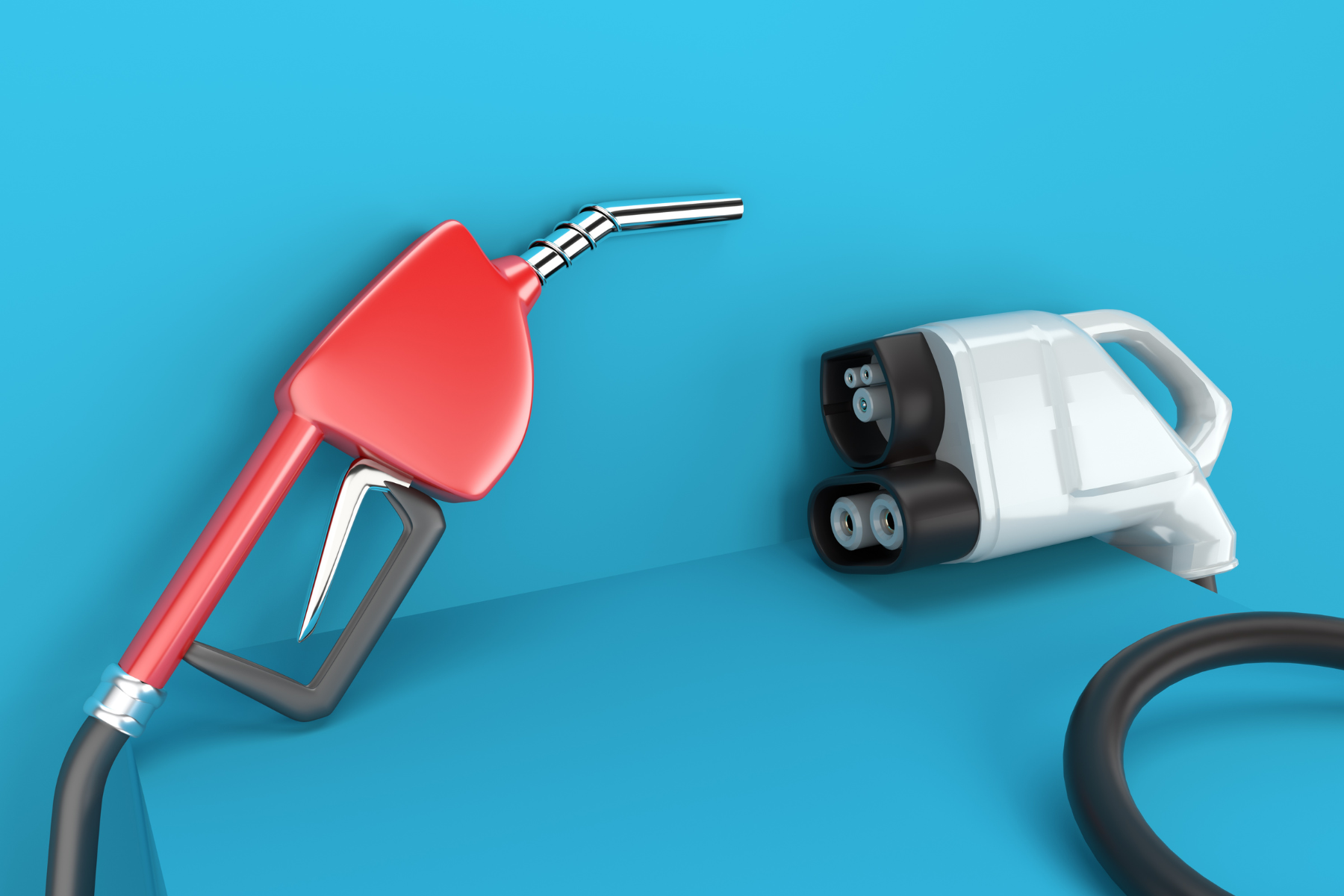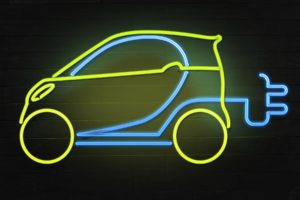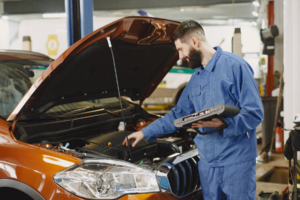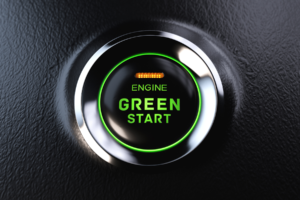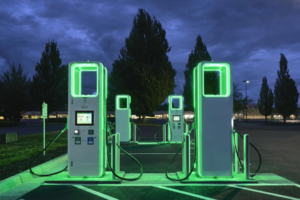HIGH STICKER PRICE
With over one million electric vehicles (EVs) on UK roads and almost 250,000 registered in 2022 so far, many of us might be considering shifting away from petrol or diesel-powered vehicles. One deterrent when leaping into the world of emission-free cars is the price tag. A recent Electric Car Cost index survey revealed that of 13 EVs and their fuel-operated equivalents, 10 of the former were more expensive to purchase outright. For example, a VW id.3 Life Pro 62kwh currently costs £36,990 compared to the sticker price of its petrol-driven counterpart, the VW Golf 2.0 TDI Life, which comes in at £27,000. The question is will you recoup the £10,000 over the lifespan of your EV? Let’s find out.
PETROL VERSUS ELECTRICITY
EVs are generally much less expensive to run and maintain than petrol or diesel vehicles. The biggest saving that you will make will come from not needing to make regular trips to the petrol station to fill up your tank. According to Martin Lewis, the Founder of MoneySavingExpert, the electricity required for a Nissan Leaf to drive 8,000 miles in a year would cost £670 when you charge your vehicle at home on the standard tariff. Petrol for the Ford Focus 1.0 Ecoboost equivalent would set you back £1,000. The good news is that you can charge your EV very cheaply overnight using the off-peak-night rate offered by most suppliers. For our example of the Nissan Leaf, overnight charging would reduce your £670 bill to around £150, providing no stipulations limit your use of cut-price electricity. You can save even more by using self-generating solar energy.
COST OF LIVING IMPACT
In the aftermath of the coronavirus pandemic, a global energy crisis emerged in late 2021. Various economic factors, including Russia’s invasion of Ukraine in February this year, have exacerbated the situation resulting in skyrocketing energy prices and a cost of living crisis. Although when the UK government generously lent support in terms of temporary capping energy prices in April until at least early 2023, this doesn’t mean you can use as much electricity as you like. Put simply, the more you use, the more you pay. There was also some bad news for EV drivers following this cap when most suppliers withdrew their dedicated EV tariff. All of this has dealt a severe blow to the EV industry. The AA reported that 63% of drivers have been put off switching to EVs as a result of soaring energy costs. Jack Cousens, the AA’s Head of Road Policy said:
“With domestic energy prices rising, drivers can be forgiven for believing switching to an EV will become expensive quickly.”
MAKE THE CHANGE
But experts believe that potential EV owners should not be put off by the hike in the price of electricity. Despite the escalating energy costs, if people can afford to make the transition to an electric vehicle, either new or second-hand, they’ll save a fortune charging at home as opposed to filling up at a petrol station. Moreover, they’re lobbying for a better environment and air quality. Battery electrochemist Dr Euan McTurk of Plug Life Consulting remarked
“With petrol and diesel prices going through the roof, this is a timely reminder that electric cars can save money as well as emissions. Higher mileage drivers will save even more money by going electric, so if you do more than 8,000 miles per year, you’ll recoup your outlay much faster, and your savings will be even higher.”
HOW ABOUT MAINTENANCE?
Besides energy savings, EVs cost much less to maintain. They have fewer moving parts and a less likely to break down as they get older. The average annual maintenance of an EV is approximately £304, including a service, replacement tyres and brakes. Compare this to £500 for a standard petrol or diesel vehicle. These facts are supported by a statement from Dr McTurk who said:
“Electric vehicles are so mechanically reliable, as they get older, they’ll spend much more time on the road and much less time in the garage than a petrol or diesel car of the same age, saving you considerable time and money – this bodes well for people looking to buy a second-hand EV.”
THE BIGGER PICTURE
The savings you’ll make by owning an EV are considerable, driven by much lower annual running costs. For an EV, these average at £1,150 compared to £2,200 for a petrol or diesel car. If you aren’t convinced by the numbers, you don’t need a crystal ball to look into the future. All new conventional petrol and diesel vehicles will be banned from sale in the UK in 2030. Most new hybrid EVs will be given a stay of execution until 2035. With the new decade in sight, car owners will have no option but to switch to electric. Jack Cousens emphasised that regulators will need to be mindful of the implications of this transition and said:
“With much focus on the 2030 ban on the sale of new combustion cars and vans, lawmakers need to keep a watchful eye on how energy prices will impact the transition to electrification as much as the traditional barriers to ownership.”
The fossil fuel ban is unavoidable and so should be your decision to opt for an EV. Not only are you looking towards the future and helping to save the environment, but, with lower bills, you’re getting a lot more bang for your buck.

